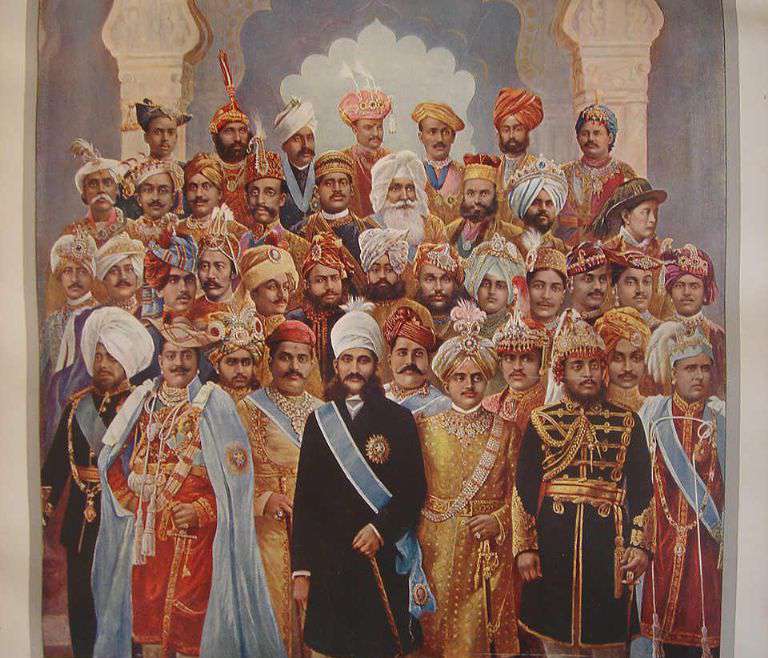FWP:
SETS == DOUBLE ACTIVATION
CLOTHING/NAKEDNESS: {3,5}
SPRINGTIME: {13,2}
For background see S. R. Faruqi's choices. For more on Ghalib's unpublished verses, see the discussion in {4,8x}.
Asi and Zamin read gard , 'dust'; Gyan Chand reads gird , 'around' (see the definitions above). Nobody acknowledges both possibilities-- yet it seems that Ghalib built both of them into the verse, so that the sequence g - r - d is 'doubly activated' as both 'gird' and 'gard'. In favor of 'gird' is the word dastār , since a turban-sash (see the definition above) so clearly and strikingly wants to be wrapped around something, and that something could be 'the rose-branch of a footprint'; Gyan Chand adds some interpretive possibilities. In favor of 'gard' are the 'gait' and the 'footprint' on the dusty ground; in a fine display of what I call 'symmetry', Asi would turn the lover's turban-sash into the humble 'dust' of this ground, and Zamin would turn this exalted dust into the lover's turban-sash.
The 'rose-branch' seems to be problematical in any case. Zamin's idea that the branch is the wave of the beloved's movement is not persuasive, and adds problems of its own. Is the 'branch' merely padding? (For a general discussion of repetition and padding, see {17,9}.) It did occur to me briefly that one very literal way to read the branch would be as the beloved's leg(s)-- but the thought is ludicrous, and I only mention it here because it's so amusingly awful. What price poetic tact!
But it's worth noting that the second line contains four iẓāfat constructions. Leaving aside the first one for the moment, the tendency is to read 'branch of (rose of (print of foot))'. If we instead read '(branch of rose) of (print of foot)' as I have done above, the footprint itself becomes a rose-branch-- it seems to be planted in the earth, and the beloved herself is the rose who has in some sense emerged from it (by 'planting' her foot on the ground as she walks?).
Nothing works ideally, though; the imagery is just not as tightly knit as it needs to be.
Along similar metaphorical lines, compare {158,5}.
The only other divan verse that mentions a dastār is {72,6}. Just for amusement, here's what a variety of princely turbans looked like around 1920:

Asi:
Addressing the beloved, he has said, 'Come, oh springtime of coquetry-- for the Lord's sake, come! So that as soon as you come I might offer up my turban-sash to the branch of the rose of the footprint-- and become its dust, or sacrifice my life for it.'
== Asi, p. 161